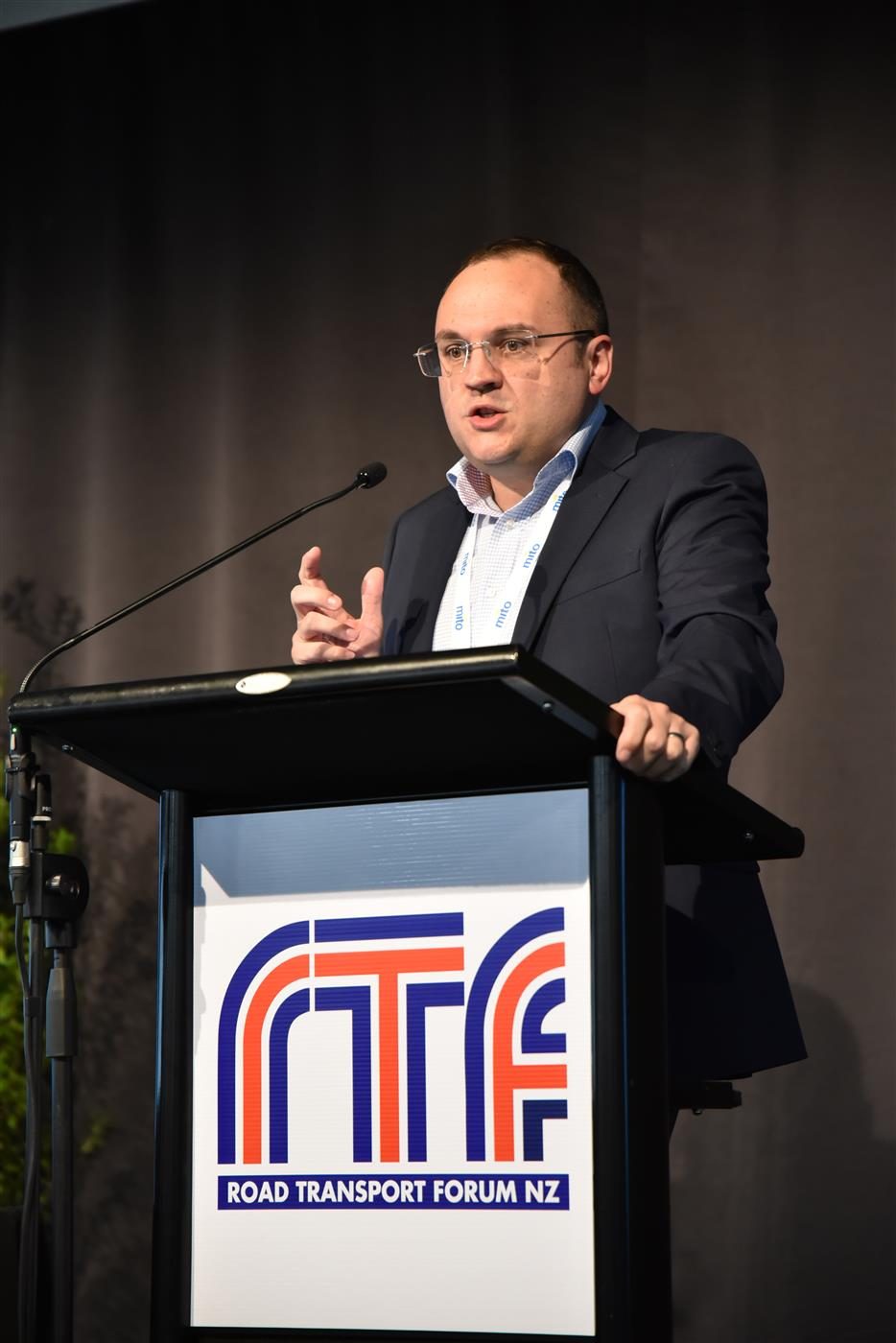It‘s time for realism in the climate change response

The Road Transport Forum wants to inject some realism into the climate change debate with our response to the He Pou a Rangi, Climate Change Commission (CCC) 2021 draft advice for consultation.
We are in agreement with the broad mandate of the CCC, and our industry is committed to the decarbonisation journey that New Zealand must embark on to meet our climate change obligations under the Paris Agreement.
We‘ve said that to get to where we need to however, that instead of setting arbitrary timelines and showing early favouritism towards electric vehicles as the number one solution, we need to pause and look at how this would all work and who would be most affected in the pocket.
You can‘t paint a picture of a future that doesn‘t exist yet that isn‘t just fantasy.
There is currently:
-
no proven fossil-fuel alternative fuel source to power heavy trucks in a New Zealand context, available in a reliable and affordable form;
-
no infrastructure in place to support any alternative fossil-fuel source to power heavy trucks; and
-
no commercially available heavy trucks using alternatives to fossil-fuels, at scale, to replace the current heavy truck fleet used to keep the New Zealand economy moving.
We believe that any policy settings should be framed around there being viable, safe, affordable, widely available alternatives to what is being phased out.
We want to be cautious about “greenwashing”; that is, promoting alternatives to fossil fuels based on ideology, rather than a real pros and cons assessment of whether or not we are replacing like-for-like and what the impacts will be on people, not just the environment.
There has been widespread research on, and media coverage of, the exploitation of population groups (especially children) involved in producing the raw materials for the batteries to run electric vehicles (EVs).
Similar situations arose with introduction of biofuels where equatorial populations were disenfranchised off their land so the biofuel advocates could take it grow the raw biofuel feed stock products.
One of the few places capable of extracting the valuable minerals from end-of-life EV batteries is in Belgium at a facility that relies on nuclear power.
And we don‘t want to see those who can least afford it being the ones wearing the cost of rapid change in New Zealand.
The climate change debate seems to be slanted in favour of the middle class, educated people, living in built up cities, who can bike or walk to work. These are people whose direct livelihoods are less reliant on a strong economy. It‘s people in rural and provincial areas and city suburbs who will be constrained in their ability to move around, get to work, and earn a living.
For the trucking industry, a rush to EVs could mean reduced payloads and consequently, higher costs for moving freight. Less freight would be able to be loaded on the truck because a lot of the allowable weight to carry would be in the battery.
The idea should be to get more freight on the trucks so there is less truck traffic on the road; not require more trucks because they can‘t carry the freight because of the weight of the battery. That just isn‘t efficient for freight movement, and it forces greater capital costs on transport operators that will ultimately be borne by the consumer, not to mention greater congestion from more trucks on the road.
Road freight transport plays a significant role in the New Zealand economy, with pretty much everything in your life spending time on the back of a truck at some point. If you make that movement of freight hard, you‘ve got a massive economic problem affecting people‘s businesses, jobs and ability to earn a living.
We aren‘t the only ones calling for a more thorough look at unintended consequences of the CCC‘s advice. This week major power companies cautioned that a rush to renewable energy will drive up prices and increase overall carbon emissions.
It was also reported that natural gas provider First Gas‘s proposals to start blending hydrogen into its supply and then fully switch gases by 2050 comes with a multi-billion dollar price tag and requires an unprecedented increase in renewable electricity generation and a thirst for water.
And Toyota New Zealand‘s chief executive Neeraj Lala said in an opinion piece in the NZ Herald:
“In its quest for zero carbon emissions, the Climate Change Commission’s proposed ban on petrol and diesel cars by 2035 ignores the reality that EVs will be in short supply for years to come and EVs do not offer the versatility that Kiwi drivers have come to rely on.
“EVs are not the versatile ferry-the-kids, tow-the-boat, carry-the-tools SUV or ute that Kiwi drivers love and use every day. Unfortunately, EVs can’t do everything yet. They are essentially small passenger cars, as were hybrids 25 years ago.”
We believe action can be taken now to reduce transport emissions while keeping a broad perspective about what energy source, or sources, would be best placed to run the transport fleet, including heavy trucks, in New Zealand.
We don‘t want to see a rush into something that could do more damage than good along the way.
The RTF‘s response to the Climate Change Commission is available here.
By Nick Leggett, CEO, RTF





